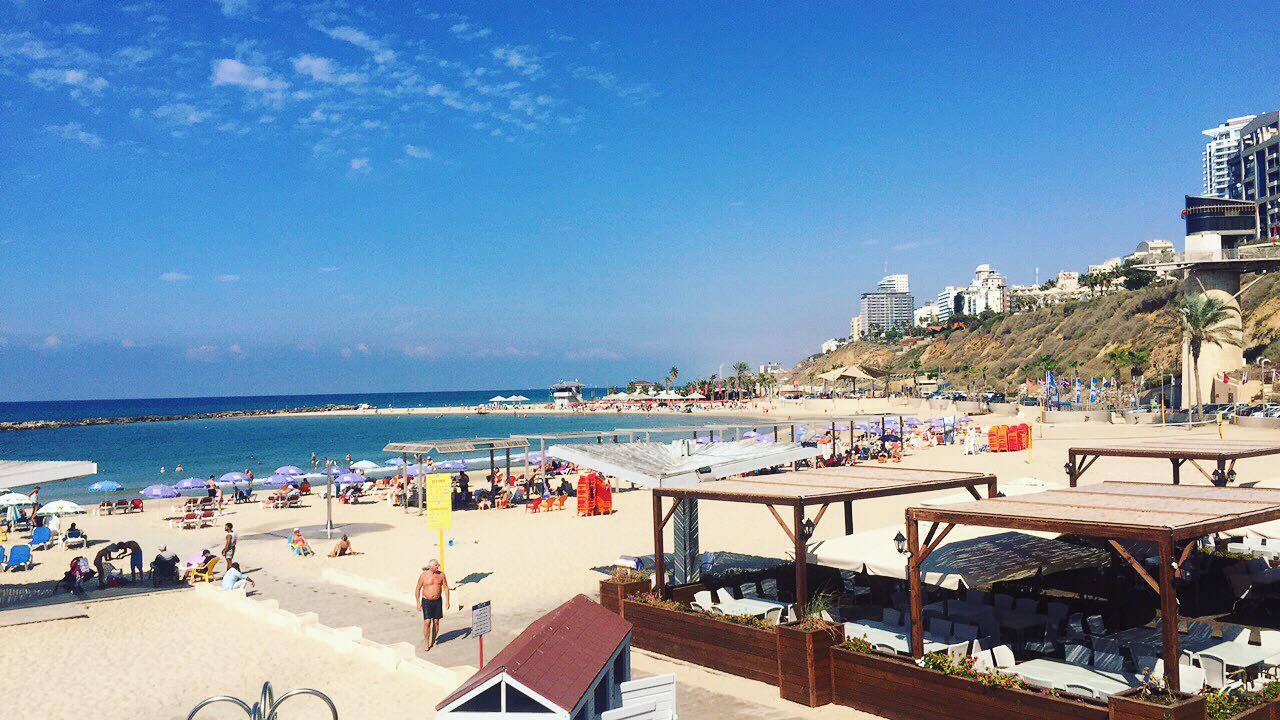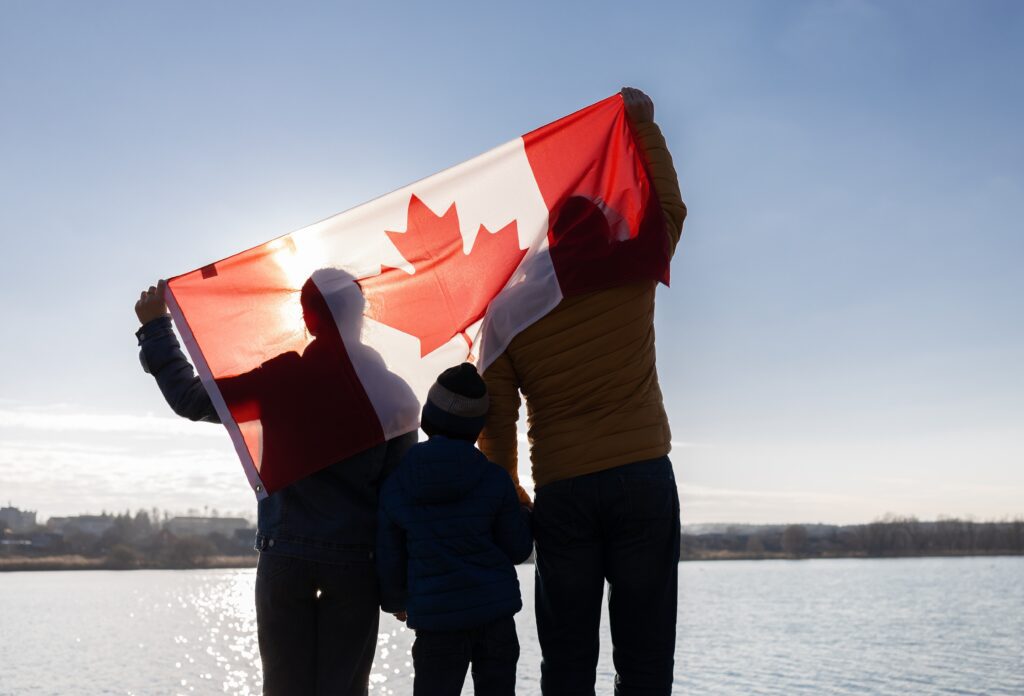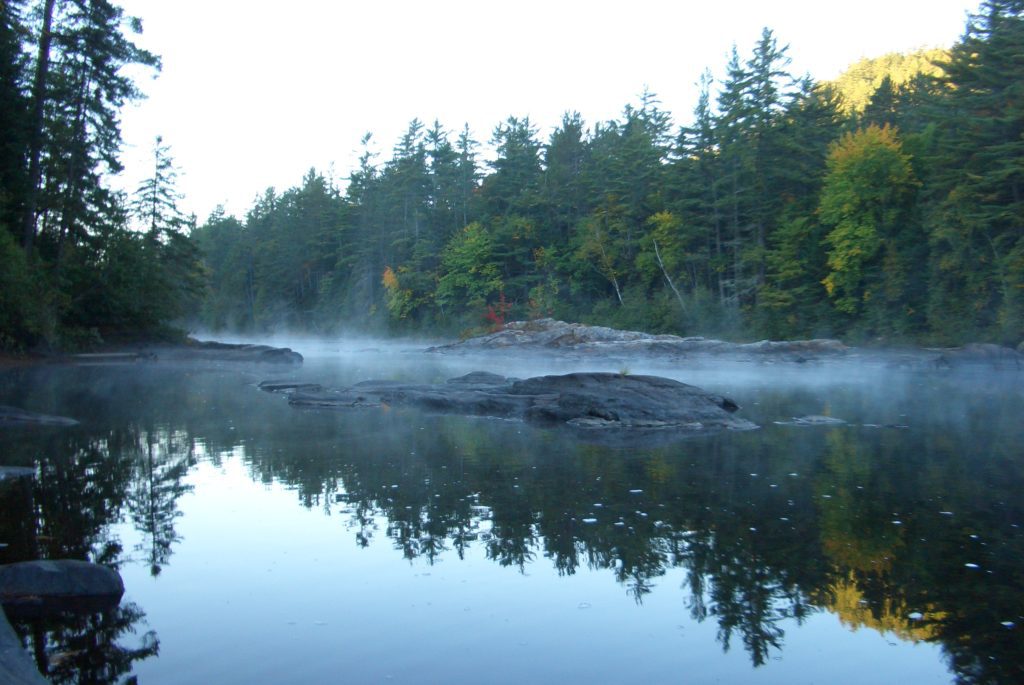You may know about Blue Flag from your favorite Ontario beach or marina. But, did you know that Blue Flag is an international program? Blue Flags fly at over 4,000 sites in 46 countries around the globe! Environmental Defence is the proud Canadian operator of this eco-certification program, and there are over 40 organizations in other countries that operate Blue Flag for their region.
Every year, these operators gather at the Blue Flag International Meeting to discuss the program, best practices and the new challenges facing our oceans, lakes and rivers. The host changes annually, but a Blue Flag is always nearby, which means it’s close to a beautiful beach or marina. The meeting last week was no exception – it took place in Netanya, Israel on the shores of the Mediterranean.
This was my first time attending the meeting and it was an incredible experience. There were so many important take-aways, but these three lessons stood out in particular:
-
Marine litter can be fought at the beach
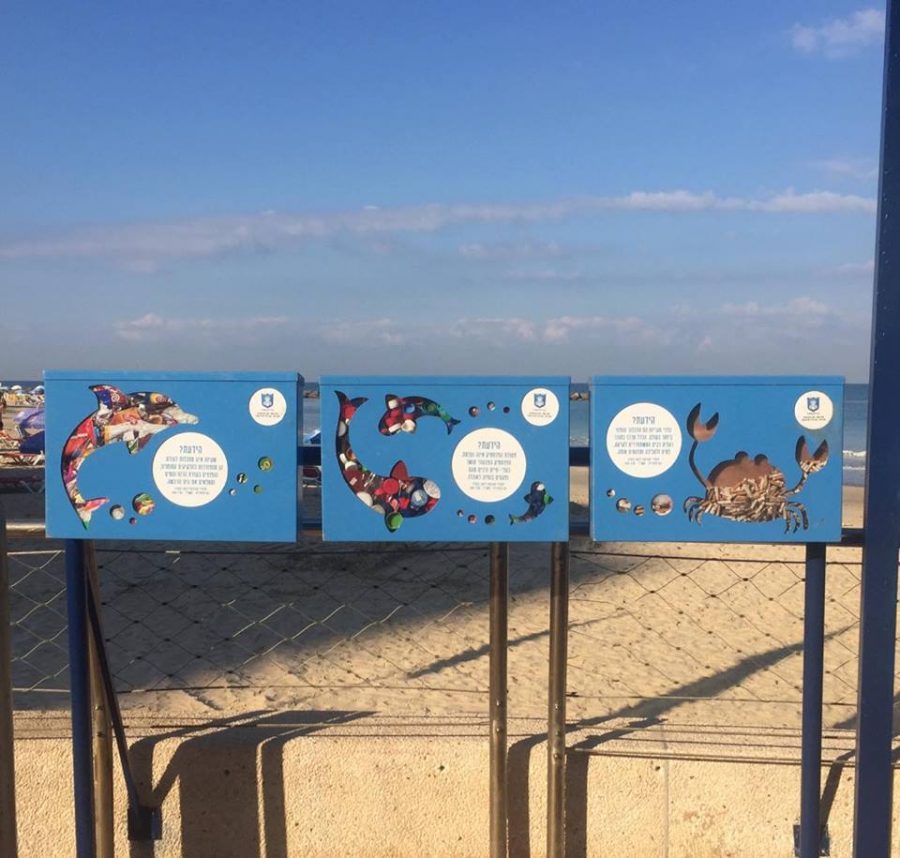
Plastic pollution and litter is a massive global problem, and our own Great Lakes and Canadian ocean shorelines are no exception to this issue. During the course of the meeting, countries from all over the world shared their stories on the battle against marine litter. Blue Flag Latvia, for example, hosted a 300km “Green Expedition” where cleanup teams relayed over 30 days to clean the entire Latvian coast of marine litter. Hearing the experiences of other countries motivates me to keep fighting plastic pollution here at home with beach cleanups, and by supporting a plastic bottle deposit return program for Ontario.
-
Accessibility is a global priority
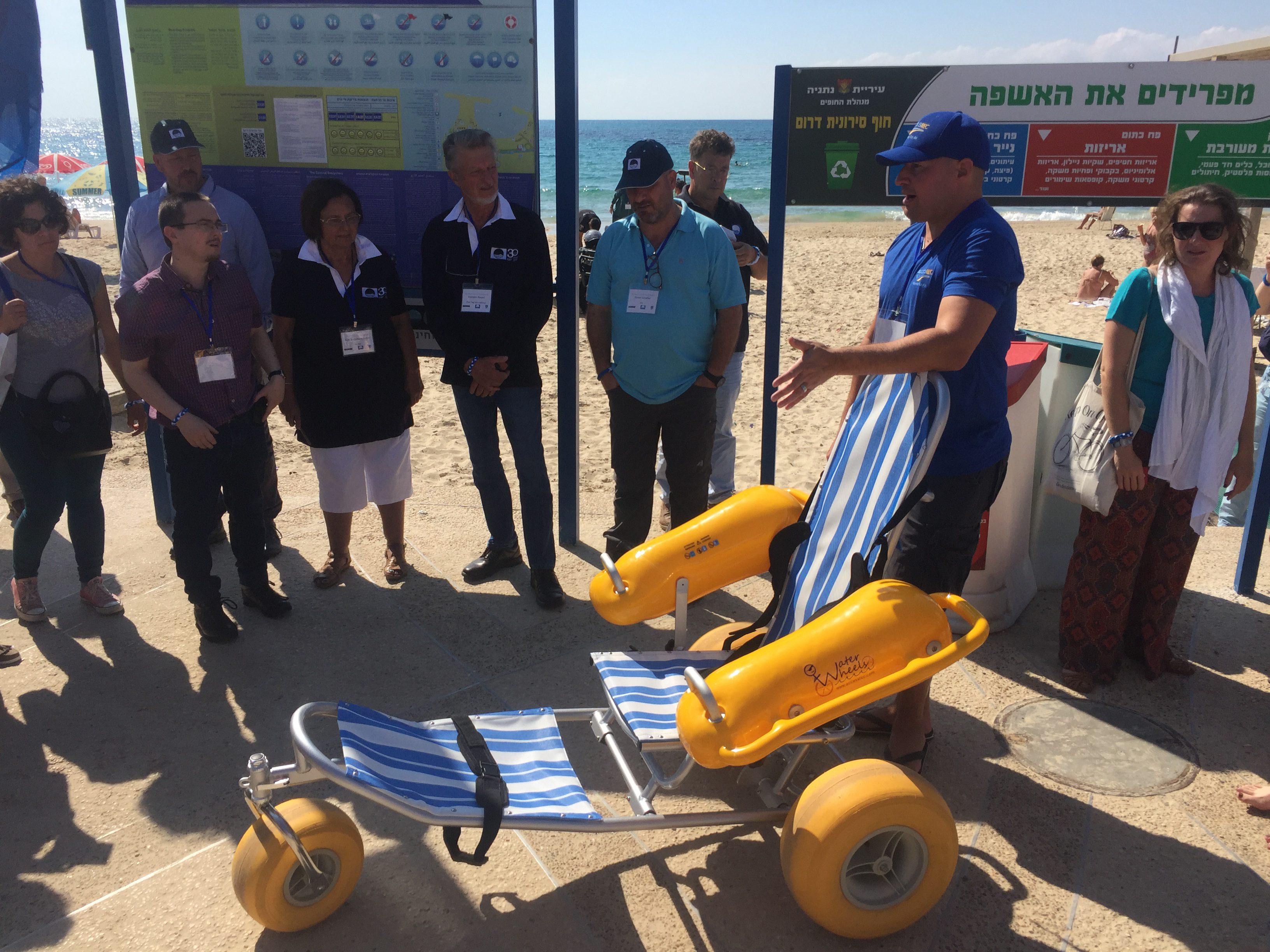
At the meeting, AccessRec, an international beach accessibility company, demonstrated the use of a Water Wheels wheelchair in the beautiful waters of the Mediterranean. Accessibility is a key aspect of the Blue Flag program, and it is clear to me from my experience in Israel that every Blue Flag country is working to make beaches accessible for all. This inspires me to continue encouraging our own Canadian beaches to be as barrier-free as possible.
-
Community is always key
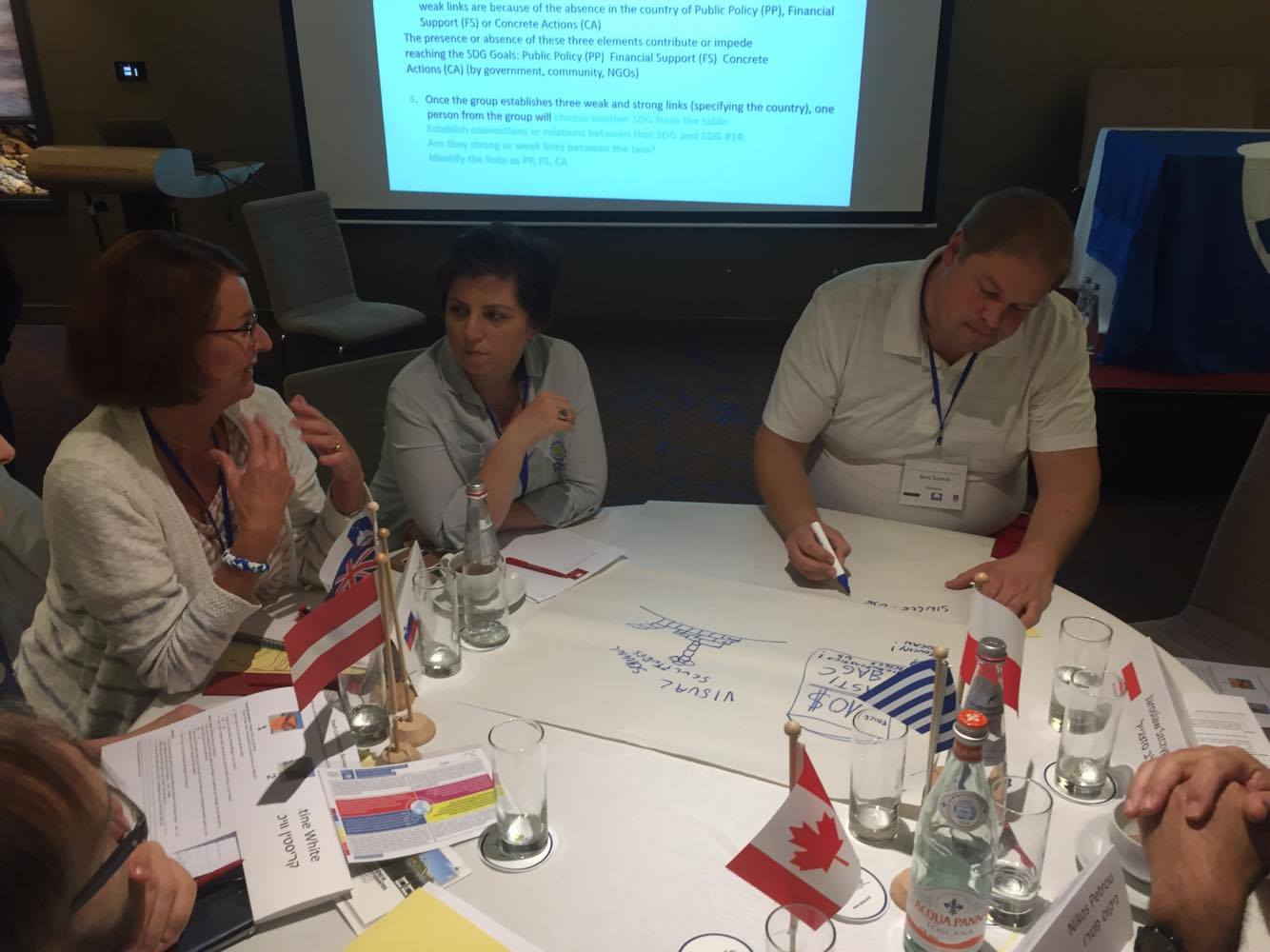
Potentially the best take-away from this experience is the lesson that communities are powerful, and when people come together on sustainability , anything is possible. Working in groups, we spent time examining the United Nation’s Sustainable Development Goals, and the role Blue Flag can play in achieving them. Working together proved that there is strength in numbers and that the biggest asset of Blue Flag is that it brings communities together at the beach or the marina, to tackle local environmental issues. Blue Flag is an international program that highlights local environmental efforts –a rare but exciting combination.
So, next time you’re choosing a beach or a marina, check for ones that fly the Blue Flag. And if you’re travelling abroad, look for the Blue Flag wherever you go – it’s probably flying there too!



